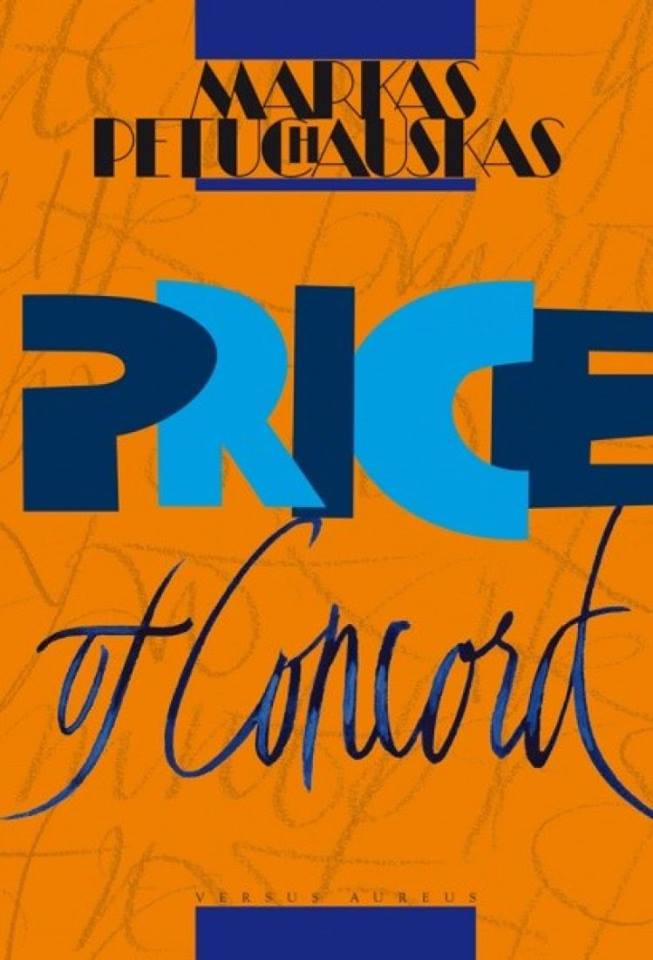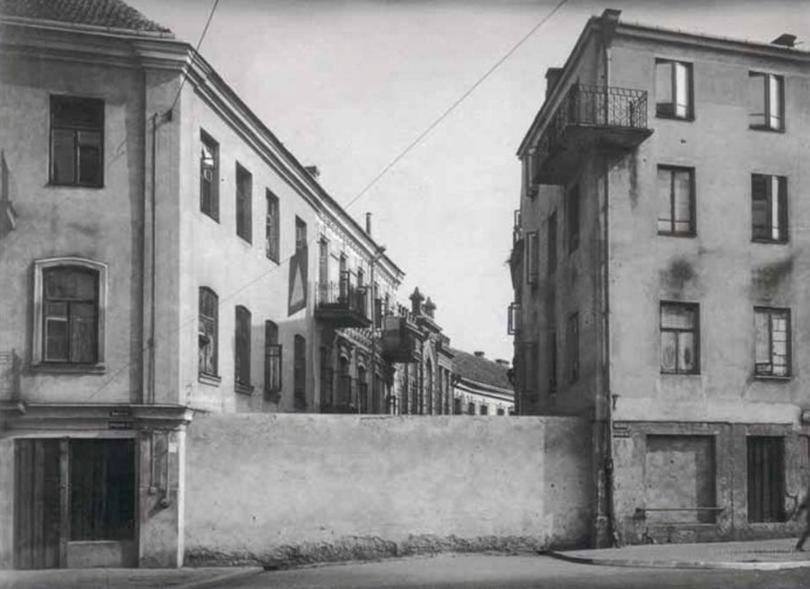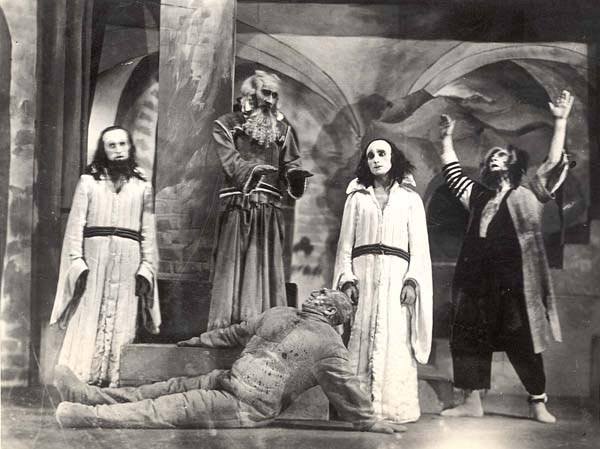Publisher, translator and editor Rina Zak [Zhak, Žak, Рина Жак], one of the iconic figures in Russian-speaking Israel, is also well known outside of the biggest linguistic community in the country. Rina also engages in educational activities, in the everyday activities of the Geographical Society of Israel and in the periodical press, writing in Isrageo magazine, as well as on facebook, where she posts little-known passages from Jewish and Israeli history. Rina Zak was born in Kaunas and was graduated from the Journalism Faculty of Vilnius University.
We are pleased to offer for your consideration a passage by Rina Zak:
Markas Petuchauskas: Theater in the Shadow of Death
In 2015 he published a book of memoirs of his time as a young prisoner of the Vilnius ghetto called “Price of Concord.”
Strange as it might seem to some, the ghetto was a venue for musical performances and festivals, literary competitions and art exhibitions. There clinics and hospitals, schools and kindergartens, a youth club and a café. There were plans for a museum, a publishing operation… but these ideas were not destined to happen. The Vilnius ghetto lasted only two years, and its population of about 40 thousand people was almost completely exterminated.
Markas Petuchauskas (born 1931) and his mother were rescued from death by Jackus
Sondeckis, a Righteous Gentile. Sondeckis knew Markas’s father, deputy mayor of
Siauliai, whom president of Lithuania Antanas Smetona himself decorated with the Order for Meritorious Service to the State of Lithuania (although this didn’t save the Jewish deputy mayor; he was killed in the first days of the German occupation). After the war Markas Petuchauskas worked in the theater, became an art critic, a doctor of the humanities and professor, and founded and directed the Jewish Culture Club.
In his book “Price of Concord” he devotes some especially touching passages to the theater of the Vilnius ghetto. He writes: “When I watched for the first time in my life the play ‘The Man under the Bridge’ [‘Der mentsh untern brik’], Otto Indig’s comedy in three acts and six paintings (as stated on the poster), something I never dreamed was that I would ever be in theater…” The premiere was held at the ghetto theater (now the Lėlė Theater in Vilnius) on the 28th and 29th of November, 1942.
The boy tried not to miss any performances, and later he collected materials about this unique theater for many years. It was he who discovered the 230 (!) posters stored in the Lithuanian State Archives. “It was quite a feat, staging theater in the ghetto, dominated by constant fear, hunger, violence, where all the time they were taking women, children and the elderly away to be shot.”
_______
On February 3 exactly one month ago, Lithuanian violinist, conductor, teacher and People’s Artist of the USSR Saulius Sondeckis, whose father Jackus Sondeckis hid Markas for a year and a half, died.
Rina Zak, writing for Я-Тора
Photographs: Cover of the book, the wall of the Vilnius ghetto and a scene from “Golem”
by Kh. Halpern Leivick on the ghetto stage.



The main reference used in this article was Markas Petuchauskas’s “Theater of Vilnius Ghetto” accessed at http://viknaodessa.od.ua/newspaper/news/?766
“In the Streets of the Vilnius Ghetto” is a collection of photographs of the Vilnius ghetto:
http://www.tourister.ru/responses/id_12889

